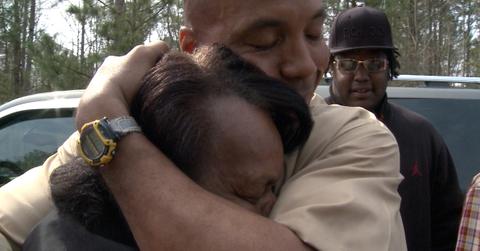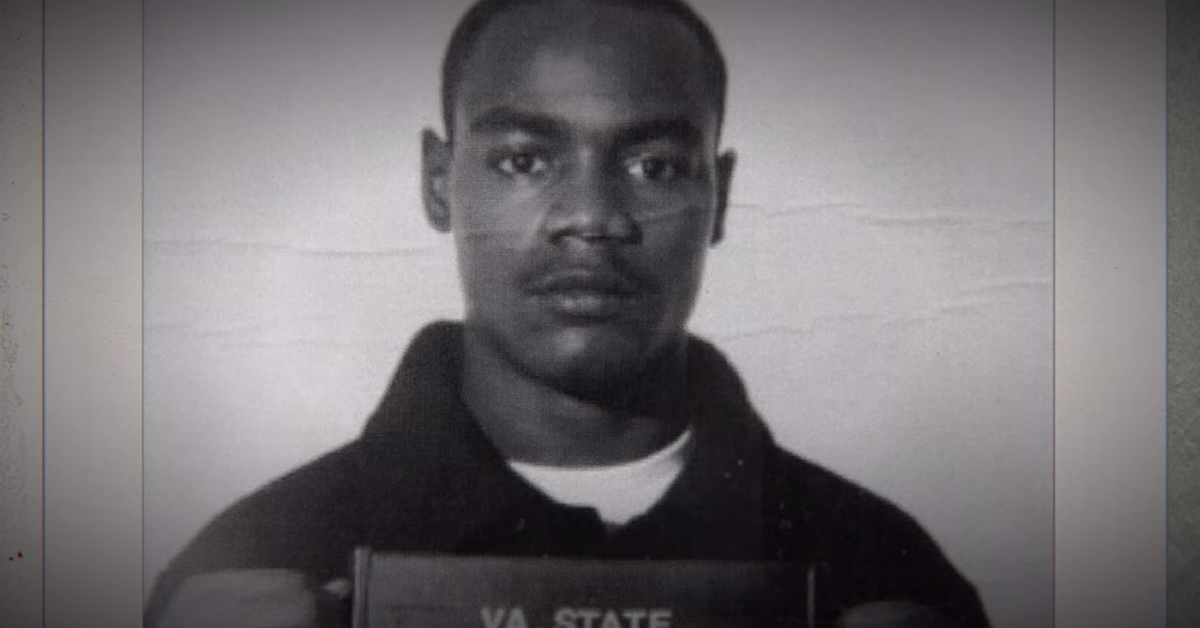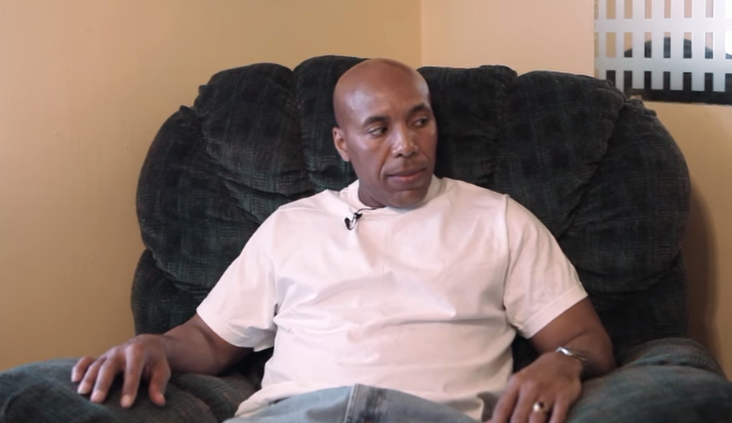'The Innocence Files' Thomas Haynesworth Exemplifies Resilience in Tragedy
Updated April 16 2020, 5:49 p.m. ET

Netflix’s new true crime series is as infuriating as it is heartbreaking. Tracing the cases of eight wrongfully convicted men and the incredible work that The Innocence Project put in to exonerate them, The Innocence Files is a breathtaking look at the ways in which the justice system fails so many innocent people.
One of the cases in the series features Thomas Haynesworth, a Richmond, Va. man who was wrongfully convicted of rape in 1984. Thomas spent nearly three decades behind bars before DNA evidence exonerated him and he was eventually released in 2011.
Keep reading to find out the details of Thomas’s case, including where the investigation went wrong and what he’s been up to since getting out of prison.

Haynesworth’s case exemplified the fallibility of eyewitness testimony.
Haynesworth was an 18-year old boy with no criminal record, just walking to the store for his mother and minding his own business when the victim of a rape that had taken place a month prior identified him as her attacker.
Police then showed Haynesworth’s picture in a leading lineup to four other women who police suspected had been attacked by the same perpetrator. They all identified Haynesworth as their attacker.

At his trial, the eyewitness testimony of the victims was given more importance than any actual hard evidence from the case, or rather, of the lack thereof. Despite the fact that there were many inconsistencies — zero forensic evidence, and Haynesworth was several inches shorter than the attacker’s description — Haynesworth was found guilty and sentenced to 74 years in prison.
Naturally, rapes that targeted the same victim demographic and followed the same pattern persisted even after his arrest and conviction. The rapes finally stopped in December 1984, when the police arrested a man named Leon Davis.
Still, the police concluded that Davis must have been a copycat of Haynesworth’s since they believed Davis' crimes began a few months after the rapes they convicted Haynesworth of.
Luckily, after a state-ordered review of past cases, DNA evidence ultimately showed that semen found on one of Haynesworth’s victims actually belonged to Davis.

After further DNA testing and an extensive investigation proved that Davis was behind all the rapes for which Haynesworth had been convicted, one would think Haynesworth would be released from prison. That was not the case.
It took the efforts of then-Attorney General Ken Cuccinelli (now acting Principal Deputy Director of the U.S. Citizenship and Immigration Services agency), The Innocence Project and a law firm, Hogan Lovells, to obtain a writ of actual innocence for non-biological evidence to prove Haynesworth’s innocence.
Even Governor Bob McDonald had to step in to request that the state parole board reconsider Haynesworth’s request for parole, which had been repeatedly denied.
On March 21, 2011, after 27 years in prison, Haynesworth was finally granted parole. But despite being proven an innocent man, Haynesworth's release had multiple conditions like a curfew and requirement that he wear an ankle monitor.

Where is Thomas Haynesworth today?
Thankfully, the state of Virginia ultimately awarded Haynesworth $1 million in restitution for the time he wrongfully spent behind bars. In a 2018 interview, Haynesworth said that despite everything that had happened, he doesn't hold any grudges against the woman who misidentified him.
In fact, the two talk every day and advocate together for victims who misidentify their attackers.
Stream The Innocence Files on Netflix.